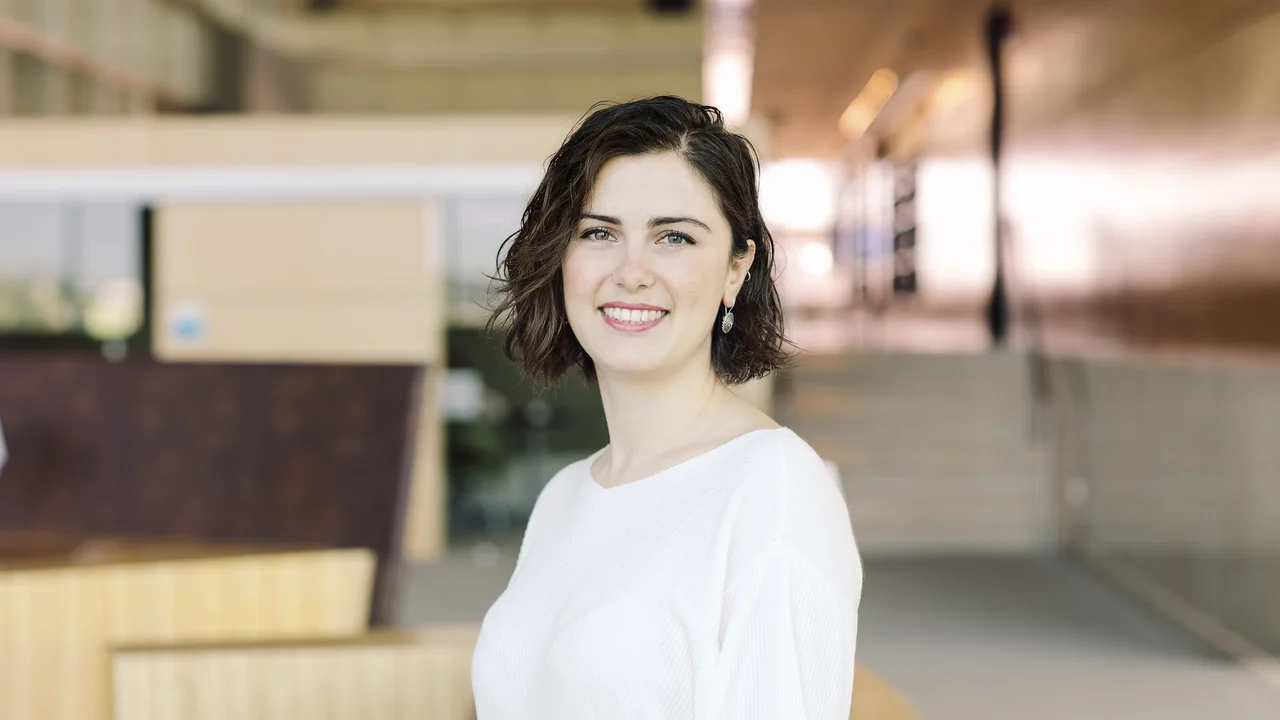
Derya Baran is a leading researcher in organic and hybrid semiconductors, focusing on their applications in solar cells, thermoelectrics, and bio-electronics, with an emphasis on interface engineering and sustainable, solution-processable materials.
Biography
Dr. Derya Baran is an associate professor of materials science and engineering at KAUST, with cross-affiliations in the Physical Science and Engineering Division and the Computer, Electrical and Mathematical Sciences and Engineering Division. A pioneering expert in solution-processed semiconductors and fluent in both chemistry and materials science, she leads the Organic/Hybrid Materials for Energy Applications (OMEGA) Lab, which focuses on engineering smart materials for energy capture.
She also works with deep-tech startups at KAUST, co-founding Iyris, a climate-tech company that develops materials and additives for energy capture to reduce resource use in agriculture.
Dr. Baran’s academic background includes serving as a research associate at Jülich Forschungszentrum in Germany in 2016 and as a postdoctoral fellow at the Center for Plastic Electronics at Imperial College London in 2015. She is recognized globally for her contributions to the field, with honors such as the Boston Consulting Group V60 Innovators Award and an appointment to the board of directors of the Materials Research Society. Her work has been published widely in leading journals, including Nature Materials, Nature Photonics, Energy & Environmental Science and Advanced Materials.
Research Interests
Professor Baran’s research focuses on solution-processable organic and hybrid soft semiconductor materials for energy capture. These materials have wide applications, ranging from optoelectronic devices to optical elements such as windows, films and coatings. She is particularly interested in processing these materials onto surfaces or into components to functionalize them for specific purposes and applications. Her lifelong interest is educating and mentoring the next generation of scientists and engineers.
Awards and Distinctions
- Elected Member, Board of Directors, Materials Research Society, 2025
- V60 Innovators Award, Boston Consulting Group, 2024
- Named “One of the Top Three Women Entrepreneurs in Tech in the Middle East”, Forbes Middle East, 2023
- Fellow, Royal Society of Chemistry , 2022
- Innovators under 35 in the MENA region, MIT Technology Review, 2019
Education
- Doctor of Philosophy (Ph.D.)
- Material Science and Engineering, Friedrich-Alexander University Erlangen-Nurnberg, Germany, 2014
- Master of Science (M.S.)
- Chemistry, Middle East Technical University, Turkey, 2010
- Bachelor of Science (B.S.)
- Chemistry, Middle East Technical University, Turkey, 2008